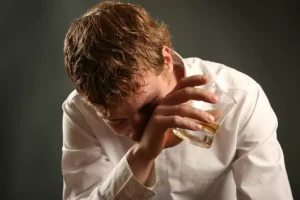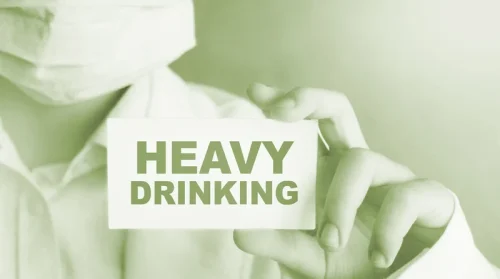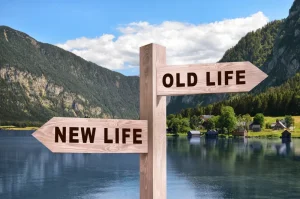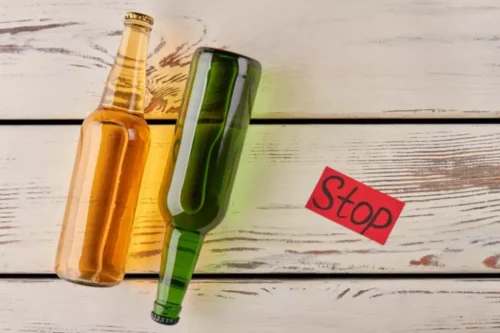Cant Sleep without Alcohol? Drinking to Fall Asleep: Insomnia & More

However, certain food groups also have benefits when it comes to helping with the discomfort of withdrawal symptoms and detoxification. Taking any other substances that have a sedative effect should be avoided unless a doctor prescribes them. Doing so without medical supervision can trigger a new addiction to another substance.

Physical Effects When You Stop Drinking
Your sleep need is determined by genetics and it varies from person to person. RISE tracks your sleep debt each night, so you can see whether skipping alcohol is really causing sleep loss. Navigating the journey to sleep better without alcohol can be challenging but is incredibly rewarding.
- It also covers what symptoms you might have if you don’t wait long enough between having your last drink and going to bed.
- The more alcohol your drink and the closer you drink it to bedtime, the stronger its effects will be.
- Consuming alcohol before bed may initially promote drowsiness, making you think it’s a good sleep aid.
- However, if you’ve been having trouble sleeping with no clear cause, it can be incredibly frustrating.
- If you can’t sleep without alcohol, I’m here to help you make impactful and positive changes in your life.
- Drinking to fall asleep can cause or worsen some health issues over time.
Can’t Sleep Without Alcohol? Issues With Drinking To Fall Asleep
The negative impact on your circadian rhythm is another major explanation for why many people face sleep issues when they decide to quit alcohol. The silver lining exists, with patients noticing a significant improvement in their sleep patterns as the body recalibrates its circadian rhythm. Sleep disorders like insomnia can co-occur with alcohol abuse, and treating insomnia can improve a person’s sleep quality while https://ecosoberhouse.com/ in recovery. Your doctor may also prescribe medications that can reduce withdrawal symptoms and cravings. Vivitrol (naltrexone), Campral (acamprosate), and Antabuse (disulfiram) have been FDA-approved to treat alcohol use disorder. If you have been drinking heavily and chronically, it is also a good idea to have your detox medically supervised to minimize your risk of potentially dangerous withdrawal complications.

Get support to quit drinking
- The liver is the primary organ for eliminating alcohol and needs time to filter the blood and break the alcohol down.
- Additional benefits of yoga include increased muscle strength and tone, improved sleep, and increased flexibility.
- Try to go to bed and wake up at the same time, even on weekends (we know, it’s hard).
- Lack of consistency in a sleep schedule or overall sleep deprivation is also very common, and can persist even into later stages of recovery, beyond the initial withdrawal period.
- Long-established research shows the body metabolizes alcohol differently at different times of day.
Alcohol withdrawal leads to reductions in deep sleep and abnormalities in REM sleep. REM sleep is characterized by increased brain activity, relaxation of the body, rapid eye movements, and increased dreaming. People in alcohol recovery take a long time to fall asleep, have problems sleeping through the night, and feel that their sleep is not restorative.
After about a week, the symptoms start to calm down, and by the end of the first month, most people see significant improvement, if not complete disappearance, in insomnia. It’s estimated that by the end of 90 days, most people get past insomnia entirely, with rare cases of individuals experiencing it beyond this point. For those with a serious addiction and years of heavy drinking behind them, how to sleep without alcohol it’s expected that the insomnia may last longer. Moreover, if the individual has any other underlying health issues, the duration might prolong as their body is already in a compromised state. This sudden overactivity can result in disturbed sleep and insomnia. Think of it as the brain’s way of protesting against the sudden absence of a depressant (alcohol) it had grown accustomed to.

Avoid Stimulation


